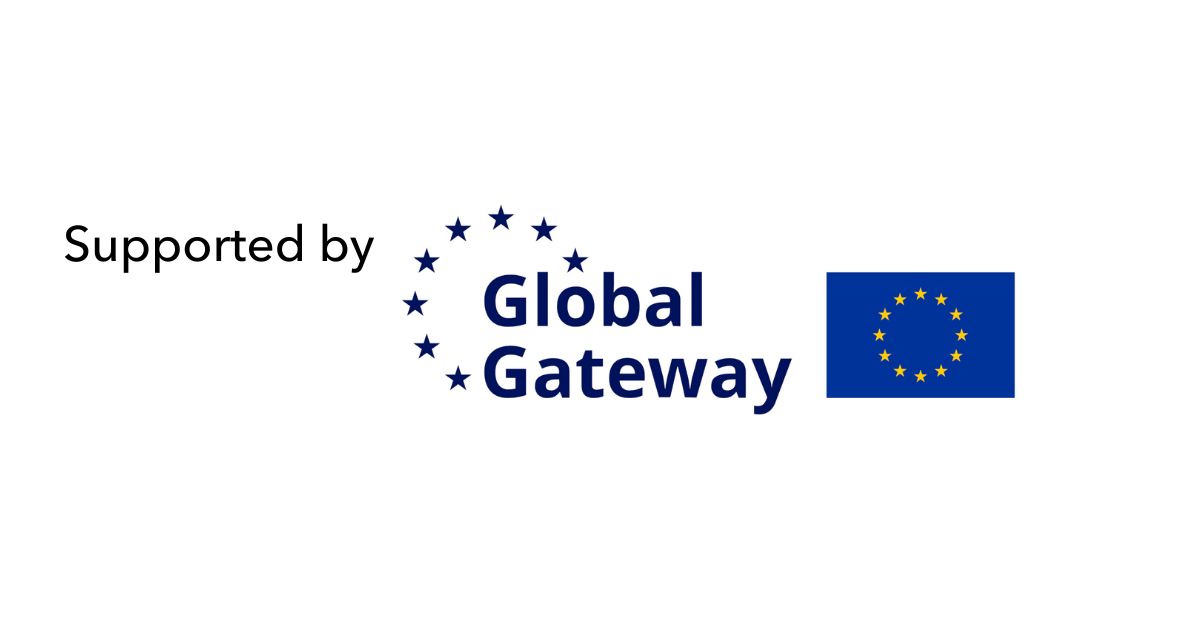- Angel Draev
- Ntsibane Ntlatlapa
- Lucienne Abrahams
- Ghazi Mabrouk
- Nokhanyo Yolwa
Intermediate


Description
The sessions give a non-technical overview of the technologies and infrastructures underpinning the delivery of telecommunications, broadcasting/audio-visual services and their corresponding applications and service markets, including telecommunications and next-generation broadband networks, as well as applications in the broader ecosystem. We review trends and drivers underpinning the growth of digital communications markets, noting the range of emerging technologies coming into common use, from agritech to fintech and smart environments. The sessions aim to give participants a conceptual grasp of the dynamics and developments relevant to the broad digital technology environment and markets, as a foundation for fostering future-oriented policy and regulation. The content is situated within an understanding of technological innovation, market convergence and competition, and a digital ecosystem approach.
Regulatory professionals, regulatory researchers, decision-makers and professionals active in policy and law-making, in particular those working in relevant ministries/departments, and in regulatory authorities, those engaged in legal drafting and those responsible for parliamentary oversight, should attend this course. In addition, professionals active in the broad electronic communications sector who need greater insight into technological advances, including those in regulatory departments of mobile operators, lawyers, consultants, journalists, union officials, and NGO staff involved in the broad sector should attend. The aim is to explore the constantly evolving technologies and their influences on the dynamic electronic/digital communications environment.
An undergraduate degree qualification is preferred. Where the entrant has three or more years active sector experience, this requirement may be waived.
Upon completion of this course, participants will be able to:
- Describe the advances in the technologies and infrastructures underpinning the delivery of telecommunications, broadcasting/audio-visual services, and Internet services and their convergence in the transition to smart environments
- Discuss the evolution of telecommunications, broadcast and other digital services markets
- Appreciate the implications of digital technology evolution for the digital divide
- Assess the implications of emerging digital technologies and market development for policy and regulation
- Understand the institutional capacities required to work on policy and regulatory challenges
- Engage in the extensive reading required for policy and regulatory leadership in the digital era
- Pre- and post-course reading of recommended reading material
- Interactive lectures with subject matter experts
- A seminar with disruptive technologies governance expert panel
- The course will run for 6 Weeks, 5 weeks for online interactive lecturers and 1 week for individual assignment.
- The activities for the online instructor-led course will take place for 6 hours each week (two 3-hour lectures one day per week) for 5 weeks.
- Single group assignment and slide plus verbal presentation
- Single short essay-type individual assignment to be submitted at end of week 6.
- Optional: Discussion forum
Attendance requirement = 80%
Two assignments, composed of:
- Group assignment weighting = 30%
- Individual assignment weighting = 70%
Each participant will need to pass both the group assignment and the individual assignment, with the combined total score being higher than 70%, as is required to obtain the ITU certificate.
A participant who does not achieve the combined score of greater than 70% will be granted only one opportunity to revise or to rewrite.
Week 1
Session 1: Governance in a digital age: Key concepts
Key learning points
- Key concepts: datafication – diffusion – disembodiment – disintermediation – disruption – digital economy – information society – innovation – globalisation – networks – platforms
- Key concepts: artificial intelligence (AI)– big data – blockchain – cloud computing – Internet of Things (IoT)– virtual and augmented reality - metaverse- quantum computing, autonomous mobility.
- Regulatory implications of these disruptive technologies
Session 2: Disruptive applications and innovation creating smart environments
Key learning points
- The disruptive applications at the confluence of data-driven technologies such as IoT, AI, Blockchain, Cloud computing, mixed reality.
- The disruptive nature of autonomous mobility on the creation of smart environments
- Challenges of ethics, interoperability, cybersecurity and data protection on diffusion of data-driven disruptive technologies
Session 3: Initial guidance on preparing group and individual assignments
Key learning points
- How to read material with technology-rich content
- Guide to group assignments
- Guide to individual assignments
Week 2
Session 4: The evolution of electronic communications networks
Key learning points
- Analogue versus digital technologies
- Undersea cables, terrestrial cables, fibre access and satellite networks
- New network architectures (SDN, Cloud)
Session 5: Evolution of mobile technologies: from 1G to 5G and now 6G
Key learning points
- Wireless communications principles and standards
- Mobile cellular communications
- Next generation technologies
- Techniques to deliver more data – more spectrum, advanced technologies and network densification.
- The 5G/IMT2020 promise, 6G/IMT2030 on the horizon.
- Regulatory implications of disruptive technologies (more on the spectrum)
Week 3
Session 6: Foundations of spectrum management
Key learning points
- Overview of electromagnetic spectrum
- Spectrum management definition needs and terminologies.
- Technological trends and emerging technologies driving spectrum demand [Dynamic spectrum access, TVWS]
- Spectrum management structures and key issues
Session 7: Application of artificial intelligence and machine learning (AI/ML) in wireless networks
Key learning points
- The radio frequency machine learning (RFML) concept
- Overview of selected machine learning (ML) and deep learning (DL) techniques
- Selected use cases of DL in wireless networks
Week 4
Session 8: Trends in digital broadcast technologies, audio-visual media, and research and development (R&D)
Key learning points
- The emergence of wireless communication and broadcasting
- Basics of analogue broadcasting, modulation techniques, propagation, RF spectrum planning
- Signal distribution for broadcast networks: coverage planning, high-site establishment and management, shared infrastructure
- Broadcasting platforms, mobile video and user generated content
Session 8: Disruptive technology in audio-visual media services
Key learning points
- Changing consumer behaviour (linear and non-linear video, over the top television, streaming video services)
- Implications for regulation, Internet Service Providers and Broadcast service providers
Session 9: Group exercise preparation
Key learning points
- Groups have time for finalising their presentations, which they will have worked on after lectures from Day 1, with a few guiding comments from the lecturers
Week 5
Session 10: Digital technologies and markets as enablers of the digital economy
Key learning points
- Internet market trends and growth patterns
- Broadband market trends and growth patterns
- Digital services and digital business influencing Internet diffusion and broadband uptake.
Session 11: Mobile financial services (MFS), fintech and cross-border trade
Key learning points
- MFS market evolution and progression from cash to digital economies
- Interoperability and integrated cross-border payment systems
- GovStack Payments Tech Specifications
- Financial inclusion and the digital divide
- Fintech data collection and innovation facilitation
Session 12: Group presentations
Key learning points
- Small academic/industry panel observes and assesses group presentations
Week 6
Key learning points
- Individual assignment submission









